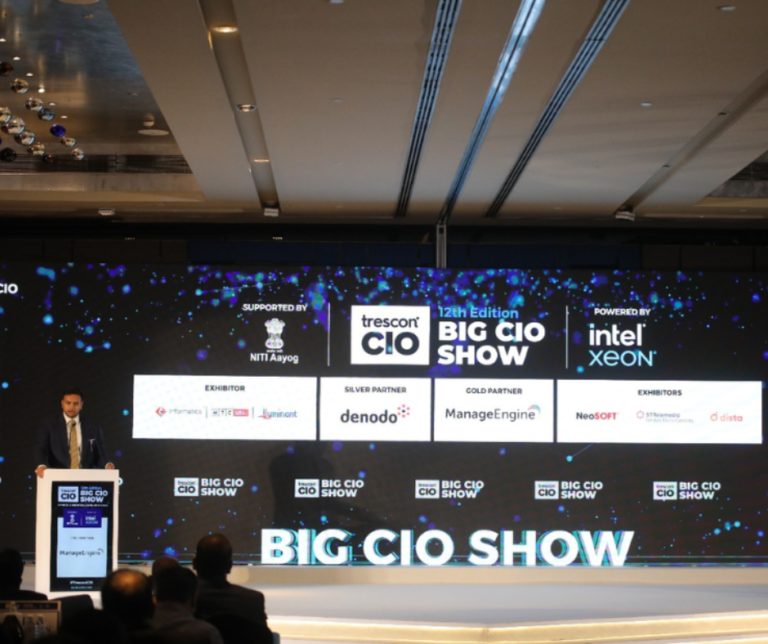
8th Monthly Column Digital Transformation April-2020
Genesis and Evolution of Artificial
IntelligenceMankind is fascinated since many centuries about ideation and creation of devices which can imitate actions of a human being. The thought of enabling non-living objects to be in functional mode like that of an intelligent being had always intrigued scientists’ mind. History reveals that ancient Greeks had illusions about robots, and Chinese and Egyptian engineers had built automatons. Technology evangelist Gill Press (December 2016) traced genesis of the first such thought in 1308 in a book of Catalan poet Ramon Llull. He has quoted about sixty-five instances of rudimentary to advanced form of artificial intelligence (AI) between 1308 to 20161 . Genesis of AI, therefore, can be traced in centuries old literatures. Scientists such as Alan Turing, Marvin Minsky and John McCarthy had advanced theoretical and technological underpins of AI. ‘The History of Artificial Intelligence’2 (December 2006), authored by Chris Smith et. al. indicated that John McCarthy was the first scientist in 1956 to christen the technology, behind a computing machine trying to attain the cognitive capability of a human being, as artificial intelligence. The paper revealed that. “ …. in Vannevar Bush’s seminal work ‘As We May Think’ (1945) he proposed a system which amplifies people’s own knowledge and understanding. Five years later Alan Turing wrote a paper on the notion of machines being able to simulate human beings and the ability to do intelligent things, such as play Chess” Human civilisation is presently on the cusp of an exponential growth phase of AI, and RPA (Robotic Process Automation) applications because of quantum leap in computing power and ever declining costs of storing humongous data. Organisations are gradually appreciating that there is a drop of oil in every unit of data which will drive prosperity in digital era. According to a published report (May 2019)3 in India by 2021, AI will be the most impactful enabler in doubling the rate of innovation driven value enhancements (2.2 times) and employee productivity benefits (2.3 times).
AI and More -Demystified
Artificial Intelligence
There are many perceptions and narratives about AI. The author’s interactions with some professionals reveal a certain degree of mysticism and fictional feeling. There is a need, therefore, to demystify such misgivings. Etymological meaning of AI, as per Oxford Dictionary, “… is the study and development of computer systems that can copy intelligent human behaviour.” Merriam Webster Dictionary defines AI as “The ability of a machine to imitate intelligent human behaviour.” The simplified definition could be that AI is a data-oriented digital technology-based computing system which “… can perform tasks, normally requiring human intelligence, such as visual perception, speech recognition, decision making, translation between languages, etc.”
Learn more from pdf >>>>>>

You and Your MSME Operational and Financial Activism CMA National Convention-2016

Tresscon Big CIO Show Presentation

Trescon Mysis Leveraging Automation for Lending Risk Management in Banks

Transformation from Risk Managing to Risk Enabled Organisation

